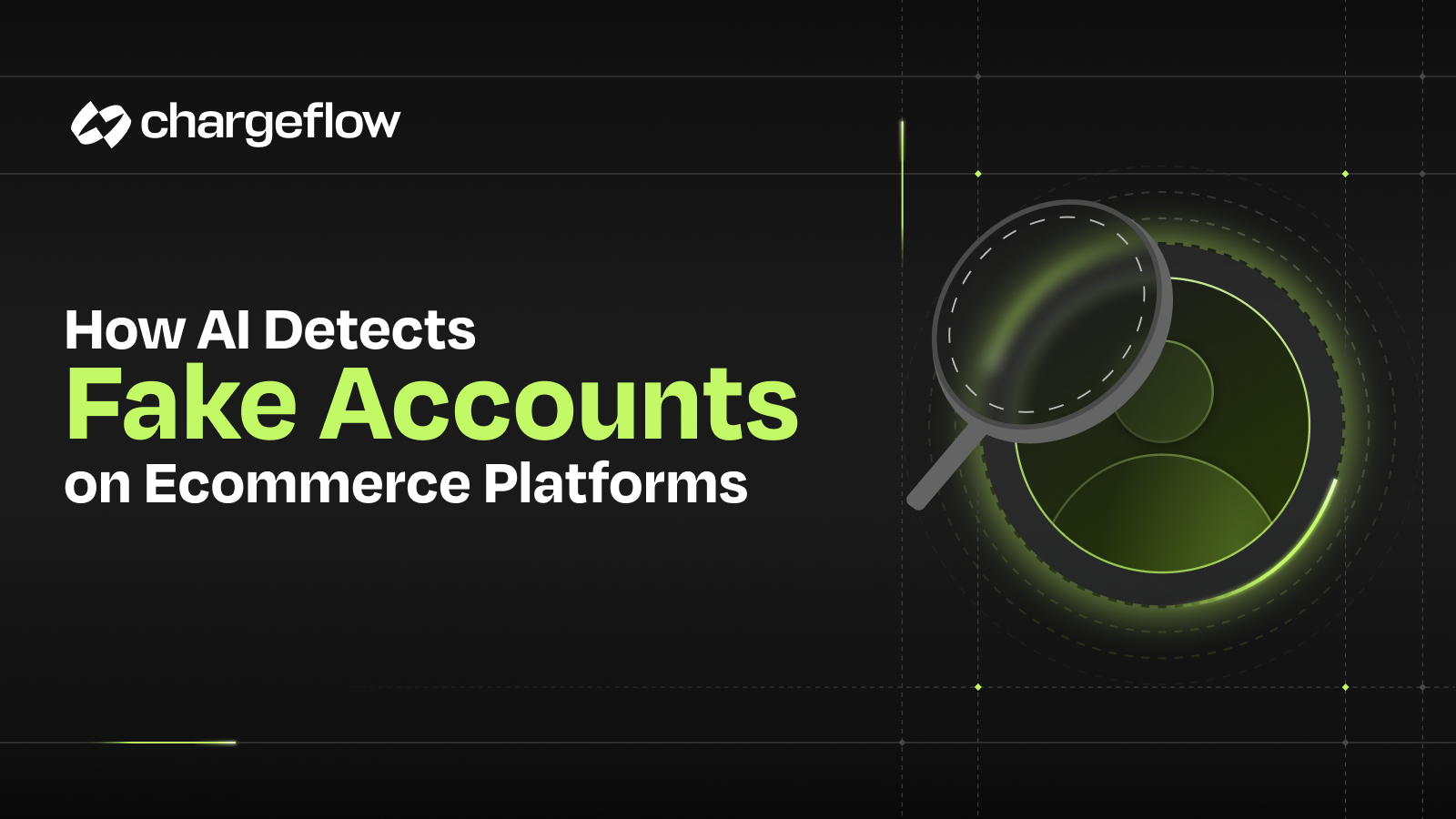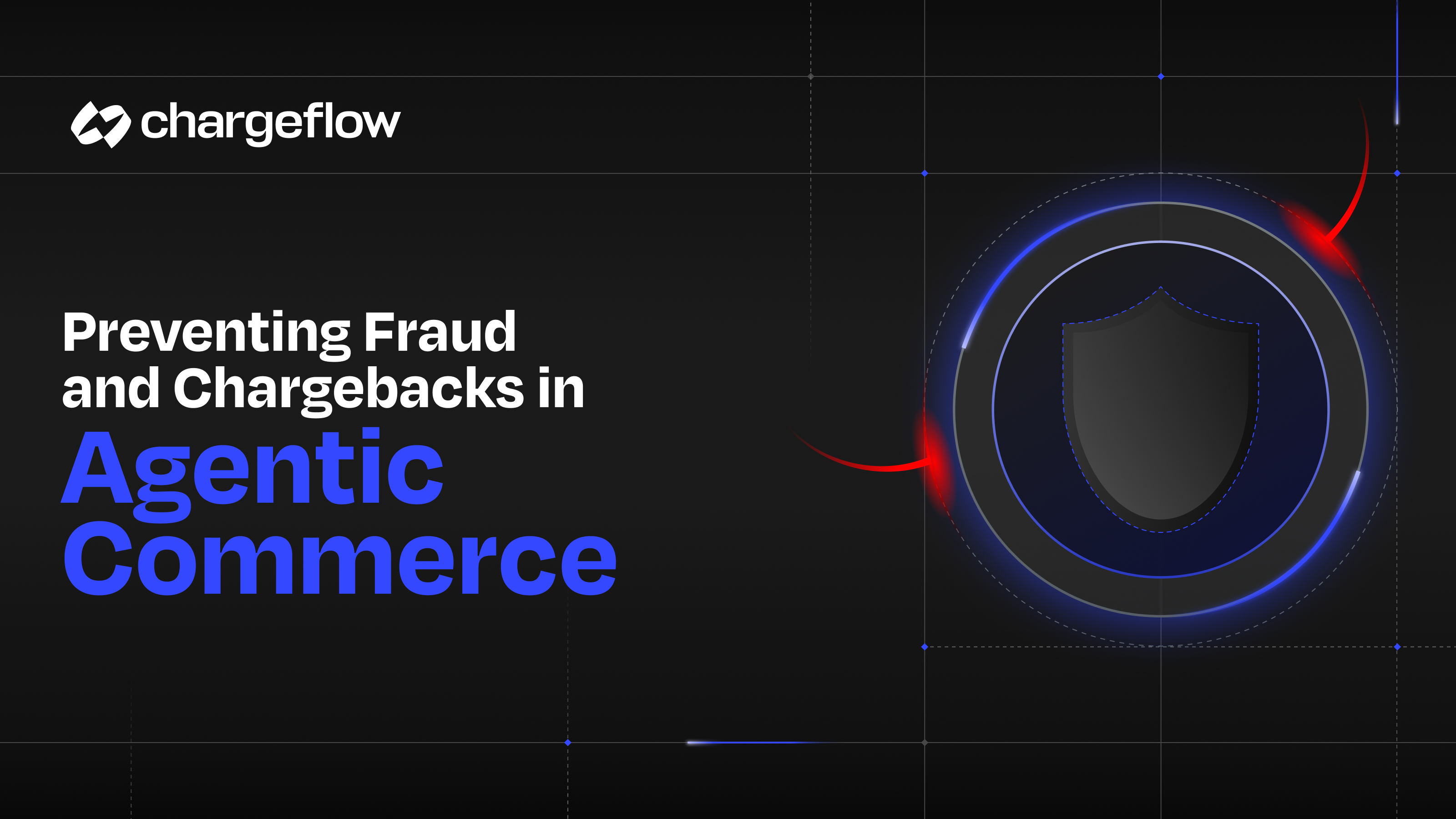A Guide to Credit Card Transaction Types

Chargebacks?
No longer your problem.
Recover 4x more chargebacks and prevent up to 90% of incoming ones, powered by AI and a global network of 15,000 merchants.
Discover the various types of credit card transactions, including purchases, cash advances, balance transfers, and more, in this comprehensive guide.
Credit cards have become an essential financial tool in today's world, offering convenience, flexibility, and security when making purchases or accessing funds. Understanding the different types of credit card transactions is crucial for anyone who owns or plans to use a credit card.
By familiarizing yourself with these transaction types, you can make informed financial decisions and maximize the benefits of your credit card.
In this guide, we will explore the various credit card transaction types, ranging from basic purchases to more advanced transactions like cash advances and balance transfers. We'll also delve into specialized transaction types such as recurring transactions, foreign currency transactions, and contactless payments.
By the end of this guide, you will have a comprehensive understanding of the different credit card transaction types, enabling you to manage your credit card effectively.
Whether you're a seasoned credit card user or new to the world of credit, this guide will provide you with the knowledge you need to navigate the intricacies of credit card transactions. From the authorization process to settlement, from understanding fees to handling disputes, we will cover it all.
So, let's dive in and demystify the world of credit card transaction types, empowering you to make the most of your credit card experience.
Basic Credit Card Transaction Types
1. Purchase Transactions
A purchase transaction refers to using your credit card to buy goods or services. When you make a purchase, the card is authorized to ensure you have sufficient credit available. Once authorized, the transaction is settled, and the purchase amount is posted to your credit card account.
Remember, you will be required to pay back the amount spent, usually by the payment due date mentioned in your credit card statement. It's important to note that if you don't pay the full balance, you may incur interest charges on the remaining amount.
2. Cash Advances
Cash advances allow you to withdraw cash from your credit card, similar to an ATM withdrawal. However, cash advances often come with higher interest rates and fees compared to regular purchases.
It's crucial to understand the terms and fees associated with cash advances, as they can quickly accumulate interest charges. Repayment options for cash advances may vary, and it's advisable to pay them off as soon as possible to avoid excessive interest charges.
3. Balance Transfers
A balance transfer involves moving the outstanding balance from one credit card to another, typically to take advantage of lower interest rates or promotional offers. As some balance transfer cards offer offer a low initial rate for as long as 21 months this can help consolidate your debt and potentially save money on interest payments.
It's essential to understand the process of transferring balances, any fees involved, and the duration of promotional offers. Be cautious and read the terms carefully, as some balance transfers may come with hidden fees or revert to higher interest rates after a certain period.
Advanced Credit Card Transaction Types
Recurring Transactions
Recurring transactions are automatic charges made to your credit card on a regular basis. These can include monthly subscriptions, utility bills, or membership fees. To set up a recurring transaction, you provide your credit card information to the merchant, who then charges your card at predetermined intervals.
It's important to carefully monitor your recurring transactions to ensure accuracy and prevent any unauthorized charges. If you need to cancel a recurring transaction, contact the merchant or your credit card issuer to make the necessary arrangements.
Foreign Currency Transactions
Foreign currency transactions occur when you make purchases or withdraw cash in a currency different from your credit card's native currency. These transactions often involve currency conversion, which can come with additional fees and potentially unfavorable exchange rates. When traveling abroad or making online purchases from foreign merchants, it's important to be aware of any foreign transaction fees imposed by your credit card issuer. To avoid unnecessary fees, consider using a credit card specifically designed for international transactions or utilizing currency conversion tools and apps to ensure you're getting the best rates.
Balance Refunds and Returns
Balance refunds and returns refer to the process of reversing a credit card transaction and receiving a refund for a purchase. If you encounter an issue with a product or service and wish to return it, you typically need to follow the merchant's return policy.
Once the return is accepted, the merchant will initiate a refund to your credit card, which can take a few days to process. It's important to keep track of your return transactions and ensure that the refund appears on your credit card statement.
In case of any discrepancies or disputes, you can contact your credit card issuer to seek resolution.
Handling Disputes and Chargebacks
In certain situations, you may need to dispute a credit card transaction or initiate a chargeback. This usually happens when you encounter fraudulent charges, unauthorized transactions, or when a merchant fails to deliver the promised goods or services. To dispute a transaction, contact your credit card issuer and provide them with the necessary details and evidence to support your claim.
The issuer will investigate the matter and, if found in your favor, may issue a chargeback, which refunds the transaction amount to your credit card account. It's essential to act promptly when disputing transactions and to maintain documentation throughout the process.
Specialized Credit Card Transaction Types
Credit card transactions encompass various types that cater to specific needs and circumstances. Understanding specialized credit card transaction types is crucial for making informed financial decisions and maximizing the benefits of your credit card.
In this section, we will explore three specialized credit card transaction types: contactless payments, e-commerce transactions, and pre-authorized payments.
1. Contactless Payments
Contactless payments have gained popularity due to their convenience and speed. With tap-to-pay technology, you can simply wave or tap your credit card or mobile device near a contactless-enabled terminal to make a payment. Here are key points to consider:
- Security Measures: Contactless payments employ advanced security measures, including encryption and tokenization, to safeguard your financial information.
- Benefits: Contactless payments offer a faster checkout process, reducing wait times. They are particularly useful for small purchases and situations where physical contact is minimized.
- Limitations: Some retailers may not have contactless-enabled terminals. Additionally, there are usually transaction limits for contactless payments to prevent unauthorized use.
2. E-commerce Transactions
E-commerce transactions involve making purchases online using your credit card. As online shopping continues to grow, it is essential to understand the nuances of e-commerce transactions. Consider the following:
- Security Considerations: Ensure you are shopping on secure websites with HTTPS encryption and reputable payment gateways to protect your personal and financial information.
- Virtual Credit Card Numbers: Some credit card issuers provide virtual credit card numbers for added security during online transactions. These temporary numbers are used only for a single purchase and cannot be reused.
- Dispute Resolution: In the event of a dispute or fraudulent transaction, promptly contact your credit card issuer to initiate the resolution process.
- Safe Shopping Practices: Exercise caution when sharing sensitive information online, avoid unsecured Wi-Fi networks, and regularly monitor your credit card statements for any unauthorized charges.
3. Pre-authorized Payments
Pre-authorized payments, also known as automatic bill payments, allow service providers to deduct funds directly from your credit card on a recurring basis. Here's what you need to know:
- Setting Up Pre-authorized Payments: To set up pre-authorized payments, provide your credit card details to the service provider and authorize them to charge your card automatically.
- Benefits: Pre-authorized payments offer convenience, ensuring timely payment of bills without the need for manual intervention. They are commonly used for recurring expenses like utilities, subscriptions, and loan payments.
- Risks: Ensure you have sufficient funds in your credit card account to cover the authorized payments. Failure to do so may result in declined transactions, fees, or negative impacts on your credit history.
- Monitoring and Cancellation: Regularly review your credit card statements to ensure the accuracy of pre-authorized payments. If you wish to cancel or modify a pre-authorized payment, contact the service provider and your credit card issuer.
Conclusion
Understanding the various types of credit card transactions is essential for responsible credit card usage. By familiarizing yourself with these transaction types, you can make informed decisions and effectively manage your finances. Here are a few key takeaways to keep in mind:
By being knowledgeable about credit card transaction types, you can protect yourself from fraud, manage your finances effectively, and make the most of the benefits offered by your credit card. Remember to practice safe and responsible credit card usage, monitor your statements regularly, and address any issues promptly.
With these insights into credit card transaction types, you are empowered to make informed decisions and navigate the world of credit cards with confidence. Take control of your financial well-being and make the most of your credit card usage while staying vigilant and responsible.

Chargebacks?
No longer your problem.
Recover 4x more chargebacks and prevent up to 90% of incoming ones, powered by AI and a global network of 15,000 merchants.






























.png)








